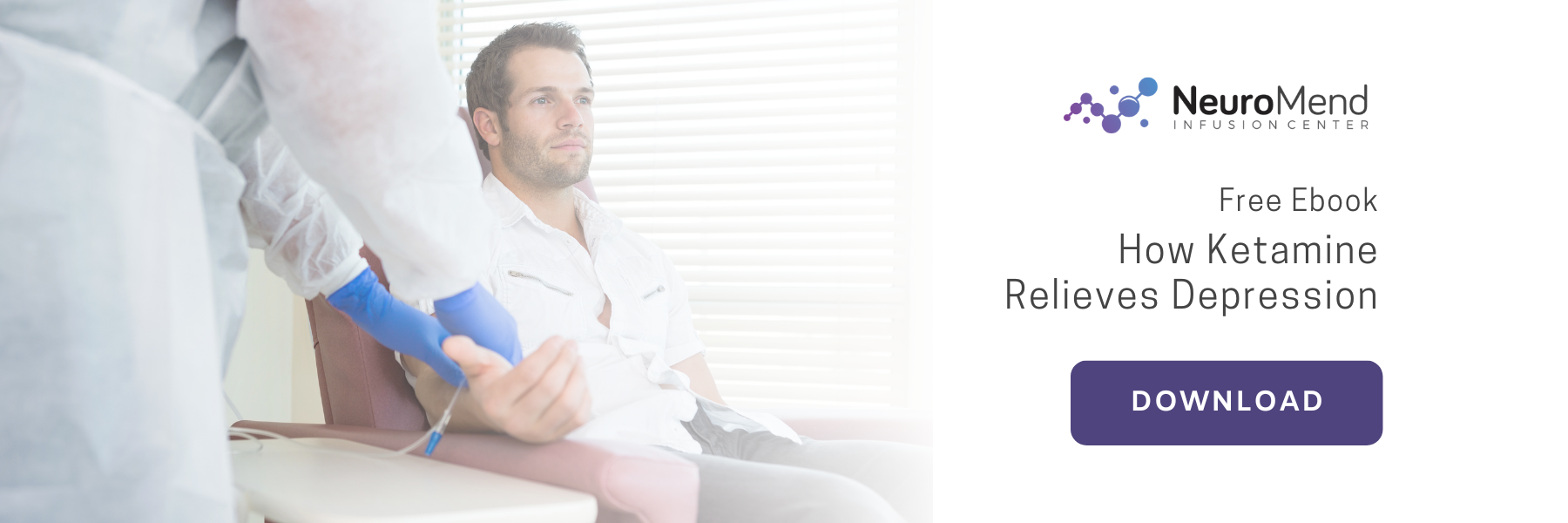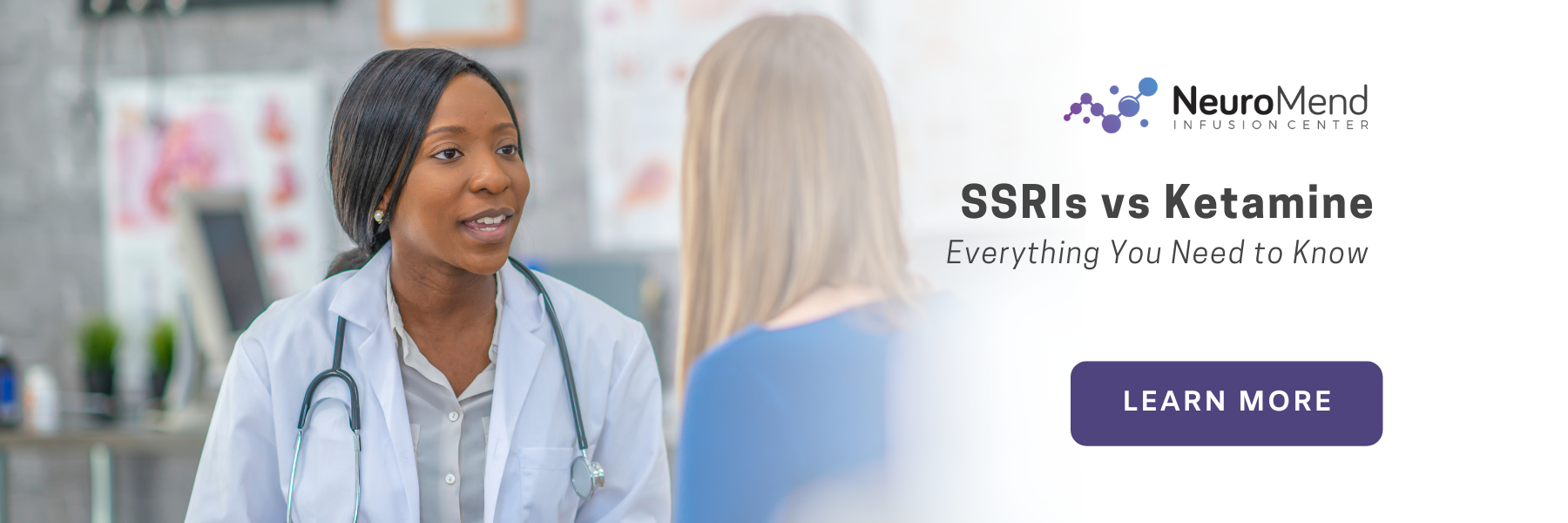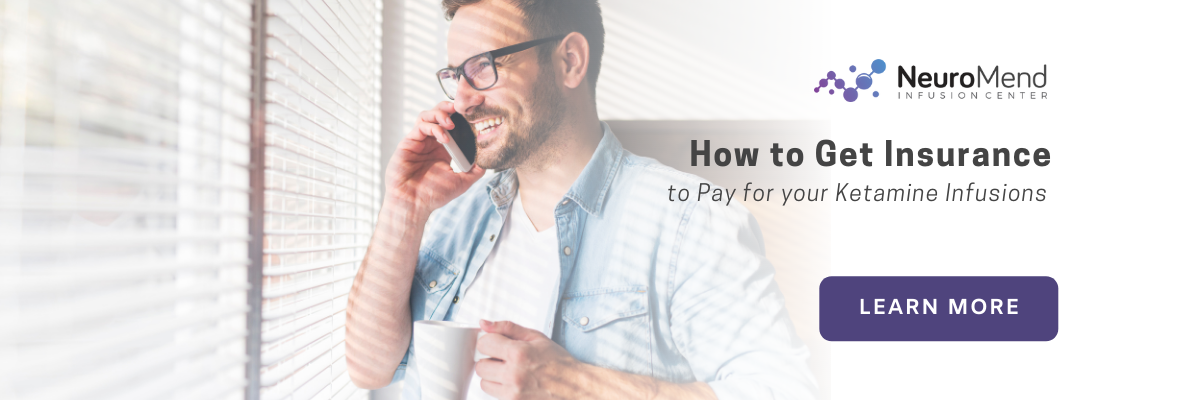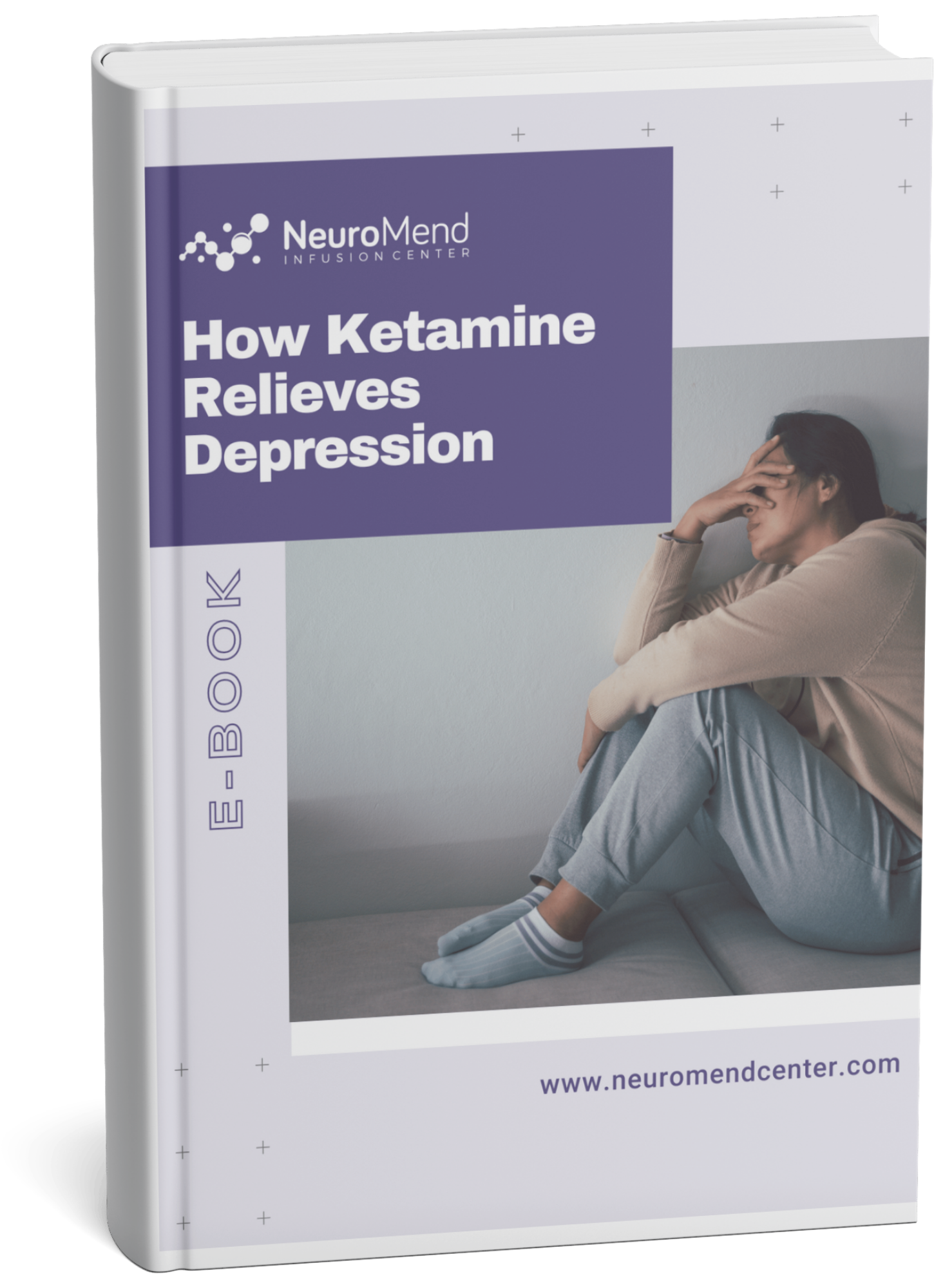
With the clocks "falling back" this past weekend, many people may notice feeling more "blue" with the days ending earlier than normal. Luckily, there are several ways to help avoid or decrease these symptoms so that you can adapt to the time change in a healthy way.
While you can't avoid the upcoming time change completely, there are ways to ensure that you give your body and mind a bit of cushion and runway in order to adapt to the abruptly shortened days.
Take a look below at our suggestions for avoiding or decreasing seasonal affective disorder symptoms heading into the work week come Monday morning!
1. Increase your exposure to bright light first thing in the morning
Getting bright light first thing in the morning is a naturally great way to wake the body up.
It increases cortisol production and will help shut down melatonin production as well. (more on that coming up)
Some people go the extra step and purchase light therapy boxes to utilize in the winter that mimic the rising sun.
You can also take advantage of the actual sun by not using sunglasses first thing in the morning. Get more bright light once the sun comes up and wait until the afternoon before putting on your shades.
2. Maximize Your Cortisol and Melatonin Cycle
Cortisol and Melatonin are natural antagonists of one another.
By increasing brighter light in the morning and decreasing your exposure at night, this helps melatonin and serotonin levels increase as bedtime approaches.
Be conscious of your screen time and light bulbs once the sun goes down. Bright light exposure will delay melatonin production thus delaying deep sleep and triggering a viscous cycle of grogginess the following morning.
If you are having trouble winding down in the evening, adaptogenic herbs, Magnesium, or CBD can really help to calm the nervous system and make falling asleep much easier.
3. Increase Your Vitamin D
Vitamin D is actually way more than a vitamin. It acts as more of a hormone in the body.
During the winter, when the sun is less powerful and out for shorter periods during the day, most people do not create the appropriate amount of vitamin D that they need.
Lower levels of Vitamin D have been highly correlated with inflammation and depression.
If you are currently taking Vitamin D, speak with a Functional Medicine practitioner about getting your Vitamin D and Cortisol levels checked heading into the winter months. If you aren't taking Vitamin D, you may want to look into supplementing prior to the cold season.
4. Exercise
Exercise is a fantastic source of eustress. (Good stress).
The sweating and exertion will usually improve sleep if not performed too close to bedtime and tough exercise also increases BDNF (brain derived neurotrophic factor) which can improve mood and absolutely improves cognitive function.
5. Increase Your Intake of Important Nutrients
While there are many "immune boosting" supplements on the market, such as Vitamin C and Echinacea, most people overlook other important cognitive nutrients that can boost the brain coming into the changing season.
These consist of:
-
Choline (found in eggs and meat)
-
Amino acids (most people don't get enough due to diet or poor digestion)
-
B-vitamins (While playing a vital role in mental health, B-vitamins also drive the stress response. So, the body will tend to increase it's usage of B-vitamins during stressful periods, thus leaving a deficit for dealing with cognitive function and energy production.)
6. Utilize Caffeine Prior To Noon
With an average half-life of 8 hours, taking caffeine in too close to bedtime will impede your sleep and decrease your REM And Deep sleep.
Caffeine can be great in the morning and help wake the body up while staving off sleep.
But taken too close to bedtime, even if you don't feel the "buzz" or energy effects any longer, can still affect your body getting restful sleep.
Look into having your last cup of coffee or caffeine before noon or no later than 2 pm most days as your body looks to adjust to the time change.
7. Remove Other Underlying Illnesses
Attempt to figure out other underlying illnesses which can make seasonal affective disorder worse.
The healthier you are as a person, physically and mentally, the more resilient you will be. This is the same for stress.
If you are going through a super stressful season heading into the winter months, this will exacerbate depression symptoms and decrease your immunity as well.
Look to work on the root of your stress so that your adrenals and immune system can be armed to fight off impending germs and infection.
Want To Learn More?
Here at Neuromend, we are always looking for better ways to help others deal with Treatment Resistant Depression or depressive symptoms.
If you or someone you know wants to learn more about our Ketamine Infusion services, click below to learn more:
ABOUT NEUROMEND INFUSION CENTER
![]() We are an Evidence-Based Center of Excellence and the leading provider of Ketamine Infusions.
We are an Evidence-Based Center of Excellence and the leading provider of Ketamine Infusions.
We Provide Effective Treatment For The Following Conditions: Major Depressive Disorders, Post-traumatic Stress Disorder (PTSD), Bipolar Depression, Obsessive Compulsive Disorder (OCD), Chronic Migraines, Severe Anxiety, Fibromyalgia and Chronic Pain Syndromes.













